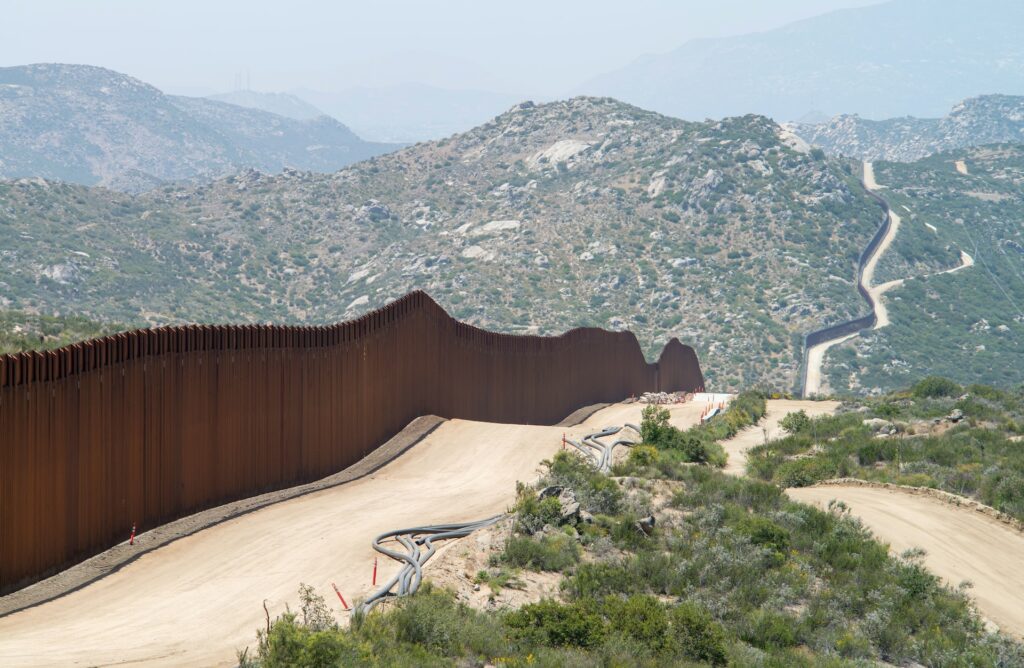
(Rightallegiance.com) – The conflict between Texas state authorities and federal agencies along the Texas-Mexico border has intensified, as the Texas National Guard and state troopers block a 2.5-mile stretch of the Rio Grande in Eagle Pass.
The U.S. Department of Justice filed a court document detailing the situation, revealing that the state has taken control of Shelby Park, implementing wire and fencing to prevent access. This move, aimed at curbing illegal crossings into Texas, obstructs Border Patrol agents from patrolling the specified border area.
The DOJ is now seeking the intervention of the U.S. Supreme Court in an ongoing legal battle, challenging a 5th Circuit Court of Appeals ruling preventing Border Patrol agents from cutting the concertina wire placed by Texas along the Rio Grande. Elizabeth B. Prelogar, the DOJ’s solicitor general, emphasized the escalation of Texas’s measures hindering Border Patrol’s ability to surveil and respond to emergencies.
In response, a White House spokesperson accused Texas Governor Greg Abbott of employing “extreme political stunts” that make the job of Border Patrol more difficult and dangerous. The spokesperson emphasized the need for adequate resources and policy changes, citing President Biden’s efforts towards comprehensive immigration reform.
Governor Abbott defended the park takeover, asserting Texas’s legal authority to control access to any geographic location within the state. He attributed the state’s actions to different tactics aimed at deterring illegal border crossings, placing blame on the Biden administration’s immigration policies.
Tensions between Texas and the federal government have been ongoing since 2021 when Abbott initiated Operation Lone Star, deploying state troopers and National Guard members to the border. The state’s expenditure of $11 million on concertina wire installation has fueled legal disputes, with Border Patrol agents cutting or removing the wire to apprehend migrants, leading to accusations of illegal destruction of state property.
Despite previous legal battles, the situation remains contentious, with ongoing lawsuits, appeals, and conflicting viewpoints between Texas and federal authorities.